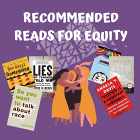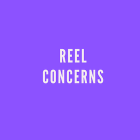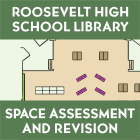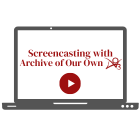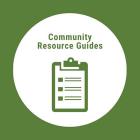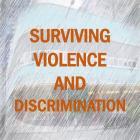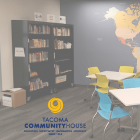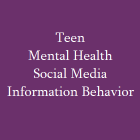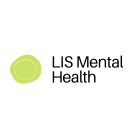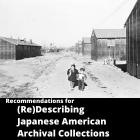
Recommendations for (Re)Describing Japanese American Incarceration Archival Collections
Memories of Japanese American incarceration have been plagued with incorrect and euphemistic terms that downplay and erase the racism, cruelty, and trauma of incarceration. This language has also made its way into archival descriptions. This capstone aimed to better understand the terminology and language used by the Japanese American community and scholars and to develop archival guidelines for writing more accurate descriptions. A set of recommendations was developed with metadata and technical suggestions. These recommendations will help archivists (re)describe their Japanese American incarceration collections with more appropriate terminology and context.

